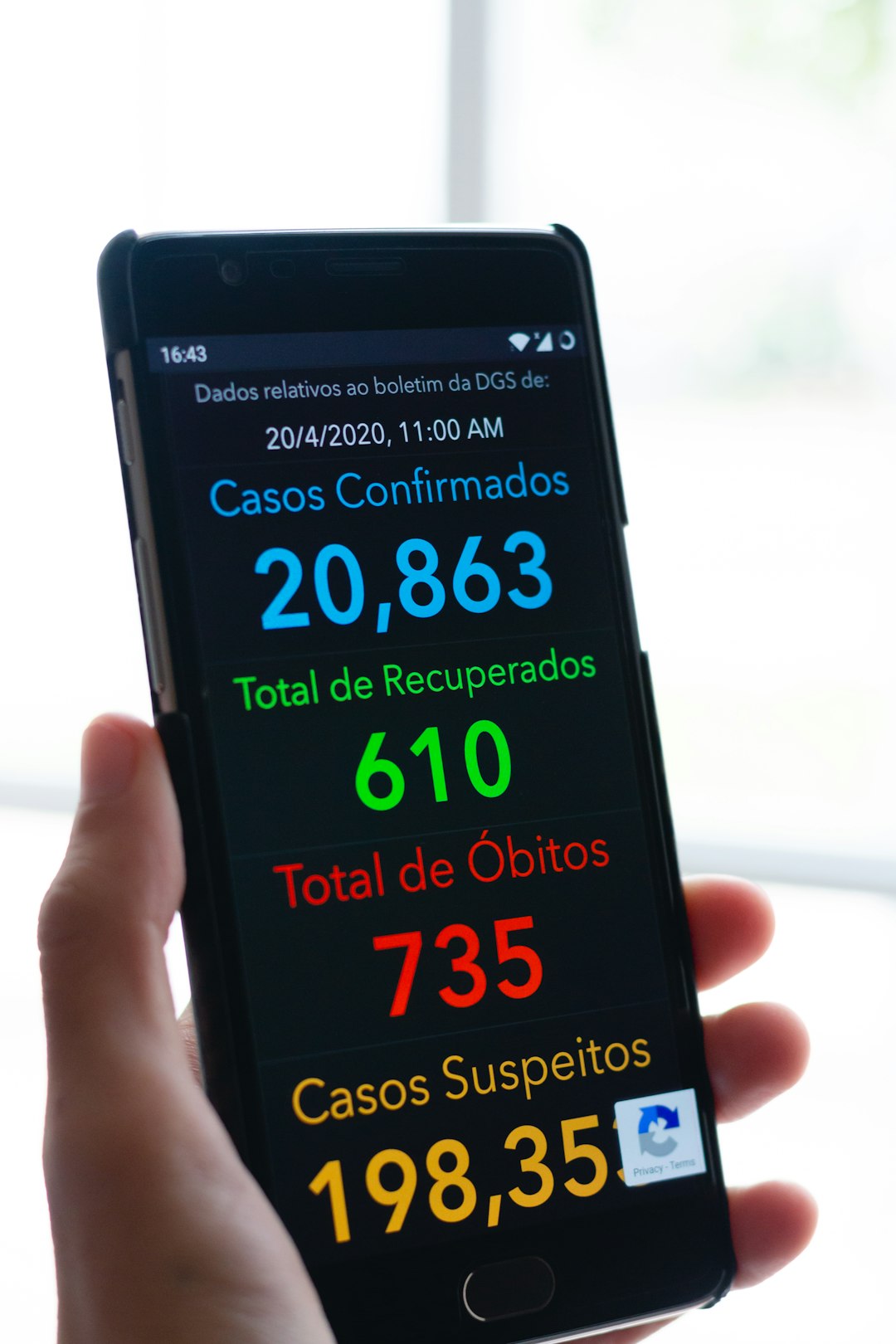Virtual Private Networks (VPNs) have gained massive popularity over the past decade, becoming synonymous with online anonymity and cybersecurity. As more people become aware of digital privacy threats, VPNs are often seen as a one-stop solution to surf the web anonymously. While VPNs do offer valuable benefits, several myths persist around what they can and cannot do. Falling for these misconceptions can give users a false sense of security—or worse, lead them into risky digital behavior.
In this article, we’ll debunk the top five myths about VPN anonymous surfing and uncover the real truths that every internet user should know before relying solely on a VPN for privacy.
Myth #1: VPNs Make You Completely Anonymous Online
This is perhaps the most widespread and dangerous myth. VPNs are incredible tools for enhancing your privacy, but they do not make you completely anonymous.
When you use a VPN, your internet traffic is encrypted and routed through a server in another location. This masks your IP address and makes it appear as though you’re accessing the internet from somewhere else. However, your anonymity is far from absolute. Websites can still track your browser fingerprint, cookies, and even behavioral patterns. Moreover, your VPN provider can see your activity unless they have a strict no-logs policy — and not all of them do.
Real Truth: VPNs increase your privacy but don’t offer full anonymity. To surf more anonymously, consider using a VPN in conjunction with tools like Tor, private browsers like Brave, and other digital hygiene practices.
Myth #2: All VPNs Are the Same
A common myth is that it doesn’t matter which VPN you choose because they all provide the same service. This couldn’t be further from the truth. In reality, VPN providers vary dramatically in quality, policy, and infrastructure.
Some free VPNs have been caught logging user activity and even selling data to third parties. Others lack proper encryption protocols, making them useless or even dangerous. Paid VPNs generally offer better performance, security measures, and customer support, but even among these, there are discrepancies in business ethics and jurisdiction concerns (e.g., countries with strict data retention laws).
Real Truth: Choosing the right VPN is critical. Look for providers with:
- A transparent no-logs policy
- Jurisdiction outside data-sharing intelligence alliances like the Five Eyes
- Strong encryption standards like AES-256
- Modern and secure protocols (e.g., WireGuard or OpenVPN)
Myth #3: VPNs Protect You From All Forms of Online Tracking
It’s easy to believe a VPN acts like an invisibility cloak that shields you from all online tracking. However, while VPNs can disguise your IP and encrypt your data, they do not eliminate all tracking mechanisms.
For example, VPNs don’t stop:
- Browser fingerprinting: Websites can identify you based on your browser’s configuration, fonts, plugins, and even screen resolution.
- Tracking cookies: Unless you clear or block cookies, advertisers can track you across sessions—even through a VPN tunnel.
- Logged-in sessions: If you’re signed into services like Google or Facebook, your activity may be logged to your account regardless of your VPN use.
Real Truth: A VPN is just one piece of the privacy puzzle. Combine your VPN use with privacy-focused browsers, anti-tracking extensions, and good security hygiene for more comprehensive protection.
Myth #4: VPNs Are Only for Tech Experts or Criminals
There was a time when VPNs were viewed as tools for hackers, techies, or people engaging in illegal activities. Today, that perception has changed dramatically, but the myth still lingers for some. In reality, VPNs have mainstream applications for everyday users.
Here are just a few reasons someone might use a VPN:
- To access geo-restricted content (like Netflix libraries in other countries)
- To secure data on public Wi-Fi (coffee shops, airports, hotels)
- To bypass government censorship or workplace content filters
- To add an extra layer of security to online banking or communication tools
Real Truth: VPNs are for anyone who values privacy, freedom, and cybersecurity. You don’t need to be an expert to use one—most VPN apps today are built to be intuitive and user-friendly.

Myth #5: VPNs Guarantee 100% Security
Security is a big selling point for VPNs, and while they do bolster your defenses, too many users assume that a VPN alone makes them invulnerable to all digital threats. This is a big mistake.
A VPN encrypts your traffic and hides your IP, but it doesn’t stop you from downloading a virus, falling for a phishing scam, or using weak passwords. Additionally, if a VPN service is hosted on vulnerable infrastructure, it could itself be a point of attack.
Real Truth: Think of a VPN as part of your digital defense strategy—not the whole solution. Combine it with good cybersecurity practices like:
- Using strong, unique passwords and a password manager
- Running real-time antivirus and anti-malware protection
- Regular software updates
- Being cautious with phishing schemes and unknown downloads
Additional Tips for Smart Anonymous Surfing
To truly approach anonymous web browsing, you should consider the following best practices in addition to using a quality VPN:
- Use a private or anonymous browser: Brave, Tor Browser, or Firefox with privacy settings enhanced
- Turn off WebRTC: WebRTC leaks can expose your IP address even when a VPN is active
- Regularly clear browsing data: Cookies, cache, and autofill data are often overlooked privacy threats
- Block trackers: Use browser extensions or built-in features to block scripts that track you
Final Thoughts
VPNs are undoubtedly valuable tools for enhancing digital privacy and securing online traffic. But understanding their limitations is just as important as recognizing their strengths. Relying solely on a VPN for online anonymity is a mistake that can leave you exposed in other areas.
The key takeaway? Use a VPN smartly as part of a broader privacy and security strategy. Educate yourself, layer your defenses, and don’t fall for these common myths. Doing so will help you become a better-informed, more secure internet user—and that’s something we all should aim for in today’s increasingly digital world.






